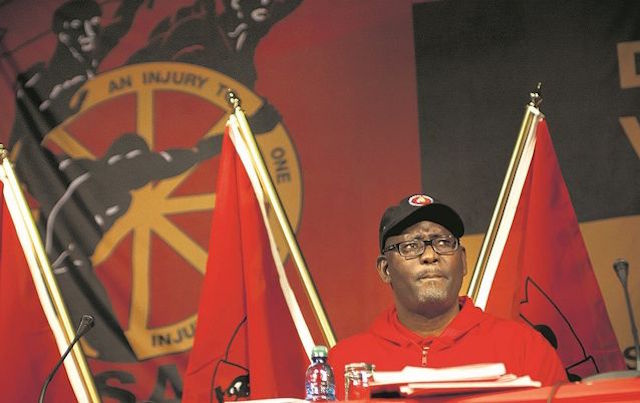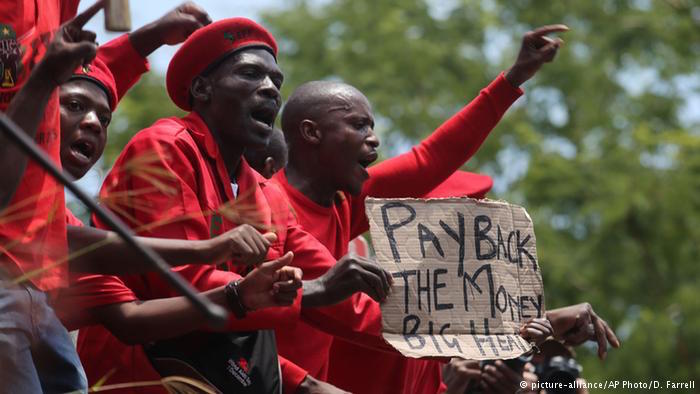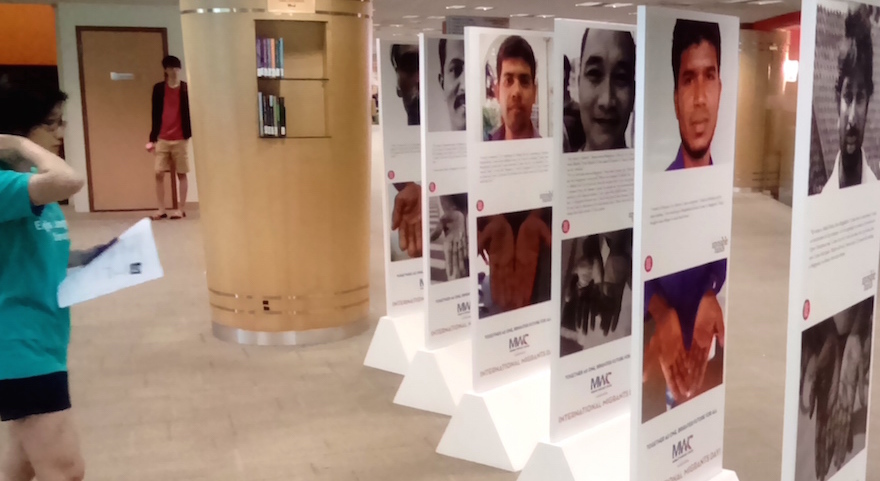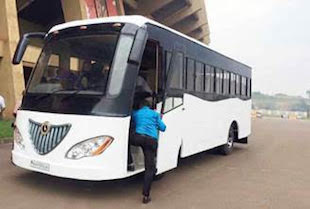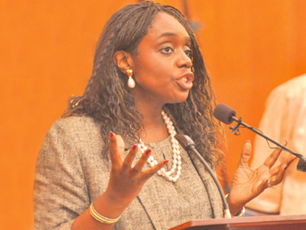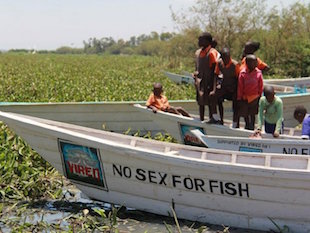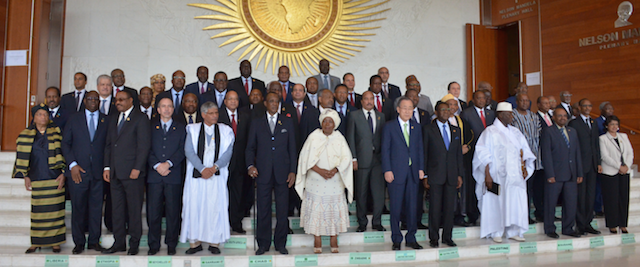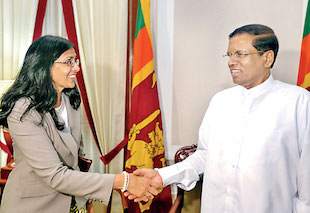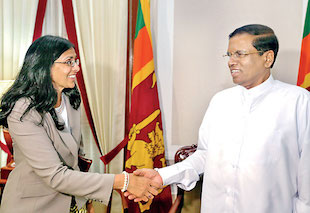NEW YORK | PRETORIA – An ill wind of layoffs, company closings and unpopular labour reforms are taking a toll on South Africa’s once powerful trade union movement.
Membership in the Congress of South African Trade Unions (Cosatu) has slumped from a peak of 2.19 million four years ago to 1.8 million, following the expulsion of its largest affiliate, the National Union of Metalworkers of South Africa.

